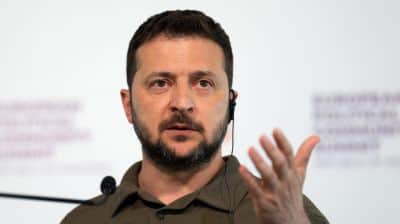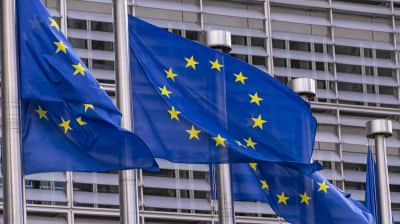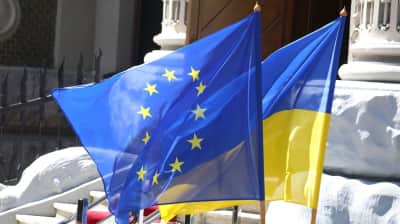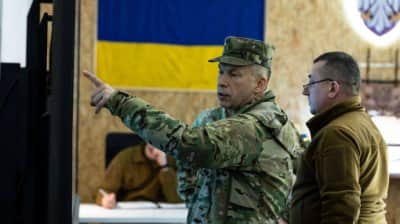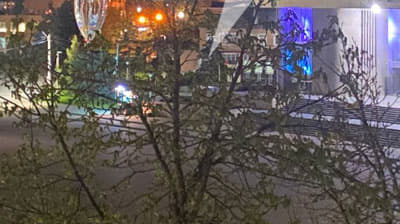Polish deputy foreign minister meets with Chinese special representative to discuss Ukraine
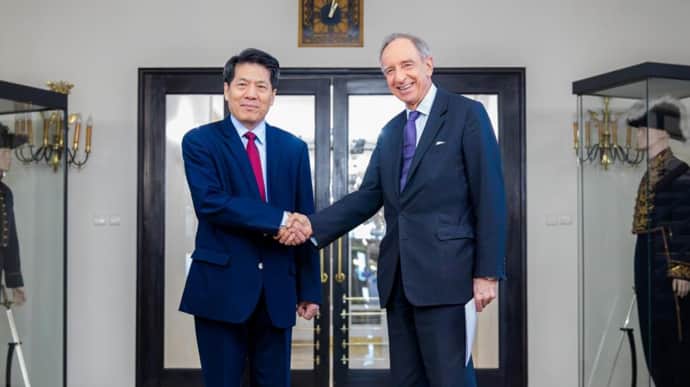
Władysław Bartoszewski, Poland's Deputy Foreign Minister, and Li Hui, China's Special Representative on Eurasian Affairs, have met in Warsaw to discuss Russia's aggression against Ukraine.
Source: Poland’s Foreign Ministry, as reported by European Pravda
Details: In a statement, the Polish Foreign Ministry said Bartoszewski expressed interest in China's efforts to restore peace in Europe.
The minister noted that Warsaw hopes for Beijing to further engage constructively and conduct diplomacy within the framework of existing peace initiatives.
"The Polish side underlined that the Russia’s [sic] aggression against Ukraine poses a direct threat to regional and global security. The Polish deputy foreign minister stressed the need to respect [the] territorial integrity of Ukraine within its internationally recognised borders and to refrain from threats of use of force, as the basis for peaceful settlement of the conflict [war]," the press release reads.
Warsaw also noted that aiding war victims is not only a noble goal, but an obligation of all members of the international community, especially the permanent members of the UN Security Council, Poland's Foreign Ministry reported.
"The Polish side called on China not to provide any political, economic and military support to Russia, as the aggressor. Deputy Minister W. T. Bartoszewski, emphasised his disagreement with any attempts to justify aggression with so-called 'legitimate security concerns'," the statement said.
In addition, the Polish Foreign Ministry noted that Poland has condemned Russia's threats to use nuclear weapons and the militarisation of the Zaporizhzhia Nuclear Power Plant in Ukraine’s territories illegally occupied by Russian forces, as Warsaw believes these actions set a dangerous precedent and can lead to adverse consequences not only for Eastern Europe but also for the entire international community.
"Poland appreciates China's opposition to Russian threats and counts on specific actions aimed at ensuring nuclear safety and security in Ukraine, including within the International Atomic Energy Agency," the press release reads.
The Polish ministry added that China's special envoy said China is not a party to the war and that the situation in Ukraine is not in anyone's best interest.
"He underlined China’s readiness to support [the] building of consensus between sides of this prolonged conflict and announced China’s intention to continue consultations with international partners," the statement concluded.
Yurii Poita, a visiting research fellow at the Taiwan Institute for National Defence and Security Research, described the rhetoric of Poland's foreign ministry as very clear during its meeting with China's special representative Li Hui.
He noted that, in addition to statements concerning the necessity of restoring Ukraine's territorial integrity, the key talking points included:
- arguments that Russia's invasion is not only a matter of concern for Ukraine but also for Poland, the whole of Europe and the rest of the world, and that it "poses a direct threat to regional and global security".
- criticism of China for its assistance to Russia: "The Polish side called on China not to provide any political, economic and military support to Russia". The Polish minister also voiced "disagreement with any attempts to justify aggression with so-called 'legitimate security concerns'".
- calling on China to play a constructive role in practice as Poland "counts on specific actions aimed at ensuring nuclear safety and security in Ukraine".
Background: On 5 March, Michael Siebert, Head of the EU External Action Service's Eastern Europe and Central Asia Division, and Niclas Kvarnström, Head of the Pacific Division, held a meeting with Li Hui to discuss Ukraine in Brussels.
On 28 February, it was reported that Li Hui would visit Ukraine, Russia, several EU countries and Brussels to negotiate a settlement to the Russo-Ukrainian war.
Last year, Beijing released a document calling for a "political settlement", which, in the view of Western countries, may enable Russia to retain most of the territories it has captured in Ukraine.
Support UP or become our patron!
